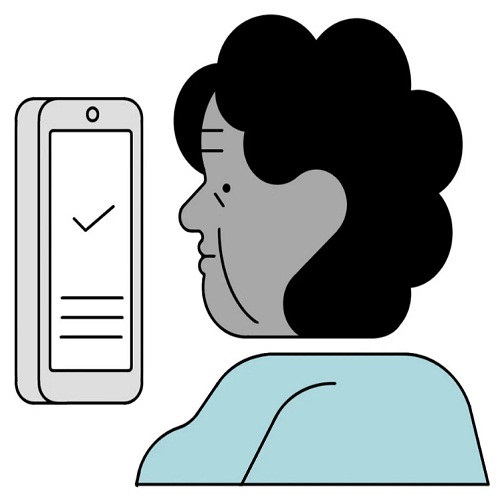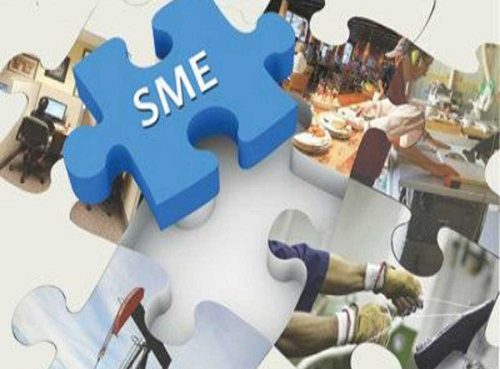Older people are vulnerable to misinformation online even under normal circumstances. But the coronavirus has made the problem especially urgent. Older people are more susceptible to the virus, making discerning reliable health information important now.
“Misinformation is always heightened when there’s greater confusion. Particularly around Covid, there can be devastating impact if you get the wrong information,” said Jean Setzfand, senior vice president of programs at AARP, the advocacy group for older people.
However, online webinars, classes and videos to teach older adults about misinformation are popping up, from “MediaWise for Seniors,” a program designed by AARP and the media nonprofit Poynter Institute, to “How to Spot Fake News,” a free class from Senior Planet, part of the nonprofit Older Adults Technology Services. Here’s a description of each.
Senior Planet’s ‘How to Spot Fake News’
Senior Planet’s one-hour online session gives an overview of different kinds of misinformation circulating on the internet, including manipulated “deep fake” videos, false advertising and fabricated news. Available on Zoom, the workshop also discusses confirmation bias, recognizing satire and the concept that opinions that differ from your own do not automatically constitute “fake news.” The schedule of classes is posted about a week ahead of time on Senior Planet’s website. Registration is not required.
Senior Planet classes are small enough to ask questions. At an online session last month, one participant asked what “trending” on the Yahoo! News site means. “Does it mean more people are reading it, or that it is more truthful?” she asked. (The instructor clarified that it means the former.)
Simple tips like this can go a long way. Some participants in Senior Planet’s first class in February were not aware that misinformation is so pervasive: One woman had received a text that falsely claimed that Covid-19 could be detected by holding one’s breath; she then forwarded the message. “She saw firsthand that she could not redact what she shared once she had passed it along,” said Bre Clark, aprogram manager who taught the class.
Other suggestions for spotting misinformation and avoiding sharing it include evaluating whether news is from a known media outlet; noting the publication date, who wrote the content and whether the author is reputable; checking if a website has a .gov, .edu, .org or .com suffix; and determining if a website is selling a product. Participants also learn about fact-checking websites like Snopes.com, FactCheck.org and Politifact.com.
MediaWise for Seniors’
This program from Poynter and AARP consists of online seminars, classes and public service announcements with practical tips. Facebook also supports some parts of the program.
It began earlier this month with a 30-minute webinar and a virtual town hall hosted by Dr. Sanjay Gupta, the chief medical correspondent for CNN. According to the organization, about 41,000 people signed up for that first session. AARP posts future online events on its website.
Tips mentioned in the town hall included weighing whether content is well sourced, reading more than just the headlines, reading information from more than one source and considering “whether those sources provide good citations and reasoning,” said Dr. Gupta in the town hall.
In the webinar, Ms. Setzfand highlighted how social media uses emotional triggers like anger or fear to influence or take advantage of people. She recommended taking a beat and holding off on sharing or commenting: “Before you act, pause and do a little fact-checking.”
The program also teaches foundational concepts such as how social media algorithms and search engines work.
In its guidelines about Covid-19 information, Poynter recommends being wary of sensational headlines, which are a sign of low-quality clickbait stories; searching online for unfamiliar authors to check their background; following hyperlinks to verify official sources; and understanding context.
MediaWise for Seniors will offer a free four-part online course from Sept. 24 to Oct. 15. The deadline to register is Monday.
AARP FraudWatch
Online misinformation overlaps with online fraud. While scammers target people across all age groups, seniors might be more vulnerable to fraud if they are experiencing cognitive decline. During the pandemic, fraudsters have tried tricking people into disclosing financial and personal information related to stimulus payments, contact tracing and buying false Covid-19 cures.
AARP’s website has extensive information on common schemes, such as phishing and pet scams, along with newer Covid-19 fraud. Basic but important tips include checking for suspicious email addresses that mimic those of real companies, and avoiding clicking on links embedded in emails. People looking for more information can sign up for AARP’s newsletter about fraud.
These broad efforts bring attention to the hazards of misinformation. Raising awareness is “part of the solution,” Ms. Setzfand said.
Source: Nytimes










